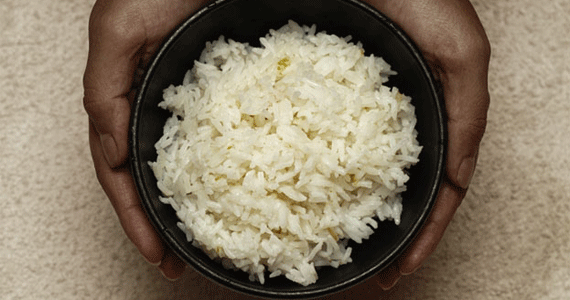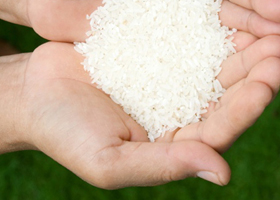
Halving the food losses would feed an additional billion people
Author | Aalto University
More efficient use of the food production chain and a decrease in the amount of food losses will dramatically help maintaining the planet’s natural resources and improve people’s lives.
Researchers in Aalto University have proved a valid estimation, for the first time, for how many people could be fed with reducing food losses.
The world’s population is an estimated seven billion people. An additional one billion can be fed from our current resources, if the food losses could be halved. This can be achieved if the lowest loss percentage achieved in any region could be reached globally.
“There isn’t enough clean water everywhere on Earth. Significantly more agricultural land cannot be cleared as well as certain raw material minerals for fertilizers are running low. At the same time, a quarter of the amount of calories in produced food is lost or wasted at different stages of food production chain, which results in unnecessary resources loss”, says Matti Kummu, post-doctoral researcher at Aalto University.
The new study is the first to evaluate the impact of food losses and its relationship to resources on a global scale. Annually 27 m3 of clean water, 0.031 hectares of agricultural land and 4.3 kilos of fertilizers per every inhabitant in the world is wasted in food losses.
“Agriculture uses over 90 percent of the fresh water consumed by humans and most of the raw materials used in fertilizers. More efficient food production and the reduction of food losses are very important matters for the environment as well as future food security”, Kummu adds.
Further, for the first time, the global food losses in terms of kilocalories per person were estimated.
As a result of food loss in the food production chain, it was determined that globally 614 kilocalories per every person a day are lost. Without this loss, present global food production would yield 2,609 kilocalories of edible food a day for every inhabitant in the world. Thus, by halving the food losses, we could feed 8 billion people with the currently used resources.
This study was published in Science of the Total Environment. The researchers of VU University Amsterdam and the University of Bonn also participated in the research. In addition to Aalto University, the research was also funded by Maa- ja vesitekniikan tuki ry, IWT Flanders and NWO, the Netherlands Organization for Scientific Research. The article is available online (sciencedirect.com).
For more information see Alto University School of Engineering.





